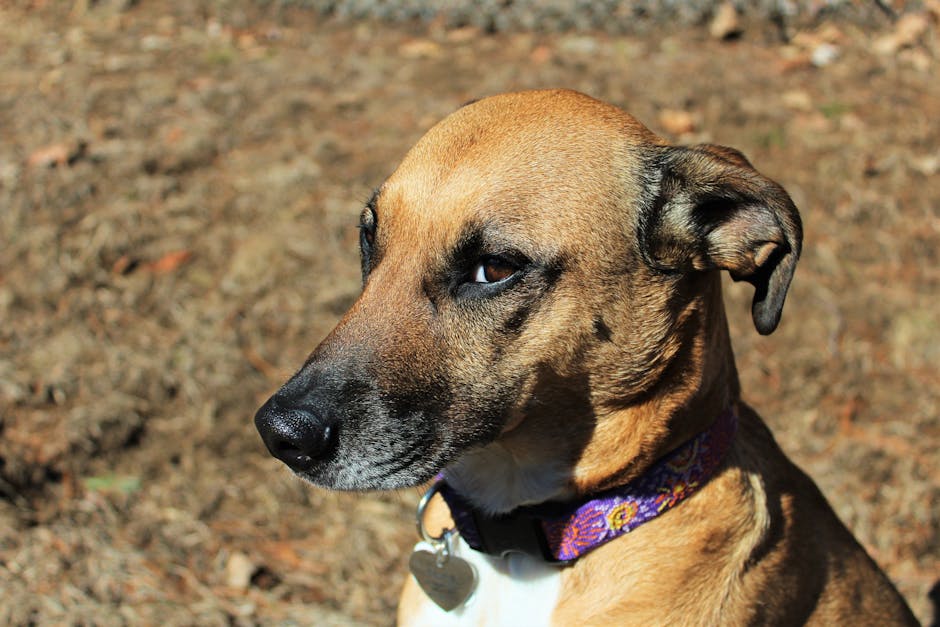Every dog has the potential to be a well-behaved and loving companion. With the right training, you can build a strong bond with your furry friend and create a harmonious home environment. Dog training is not just about teaching your pet commands; it's about establishing a mutual understanding and fostering a deep connection.
**The Importance of Positive Reinforcement**
At the heart of effective dog training lies positive reinforcement. This approach rewards your dog for desired behaviors, creating a positive association with training and building motivation. When your dog understands that they receive something desirable, such as treats, praise, or attention, for doing something you want, they are more likely to repeat that behavior in the future.
**Consistency is Key**
Consistency is paramount in dog training. Your dog needs to know what is expected of them and what the consequences of their actions are. Establish clear boundaries and rules, and stick to them consistently. This helps your dog understand what is acceptable and what is not.
**Start with Basic Commands**
Begin by teaching your dog basic commands such as "sit," "stay," "come," and "heel." These commands provide a foundation for more complex training and help your dog learn to listen and obey. Use short, clear commands and be patient while your dog learns.
**Socialization is Essential**
Socialization plays a crucial role in dog training. Exposing your dog to different people, animals, and environments helps them become well-rounded and prevents them from developing fear or aggression. Take your dog to parks, dog-friendly stores, or puppy training classes to encourage socialization.
**Reward Good Behavior**
When your dog exhibits good behavior, reward them immediately. This reinforces the desired behavior and makes your dog more likely to repeat it. Rewards can include treats, praise, or a fun activity such as playing fetch.
**Avoid Punishment**
Punishment should be avoided as much as possible in dog training. It can damage your bond with your dog and lead to fear or aggression. If your dog misbehaves, calmly redirect them toward the desired behavior and offer alternative options.
**Seek Professional Help if Needed**
If you encounter challenges in training your dog or if your dog displays behavioral problems, don't hesitate to seek professional help. A certified dog trainer can provide guidance, support, and tailored training programs to address your specific needs.
Remember, dog training is a journey that requires patience, consistency, and a deep love for your furry companion. By embracing positive reinforcement, setting clear boundaries, and fostering a strong connection, you can create a well-behaved and affectionate dog that will bring years of joy and companionship to your life.
